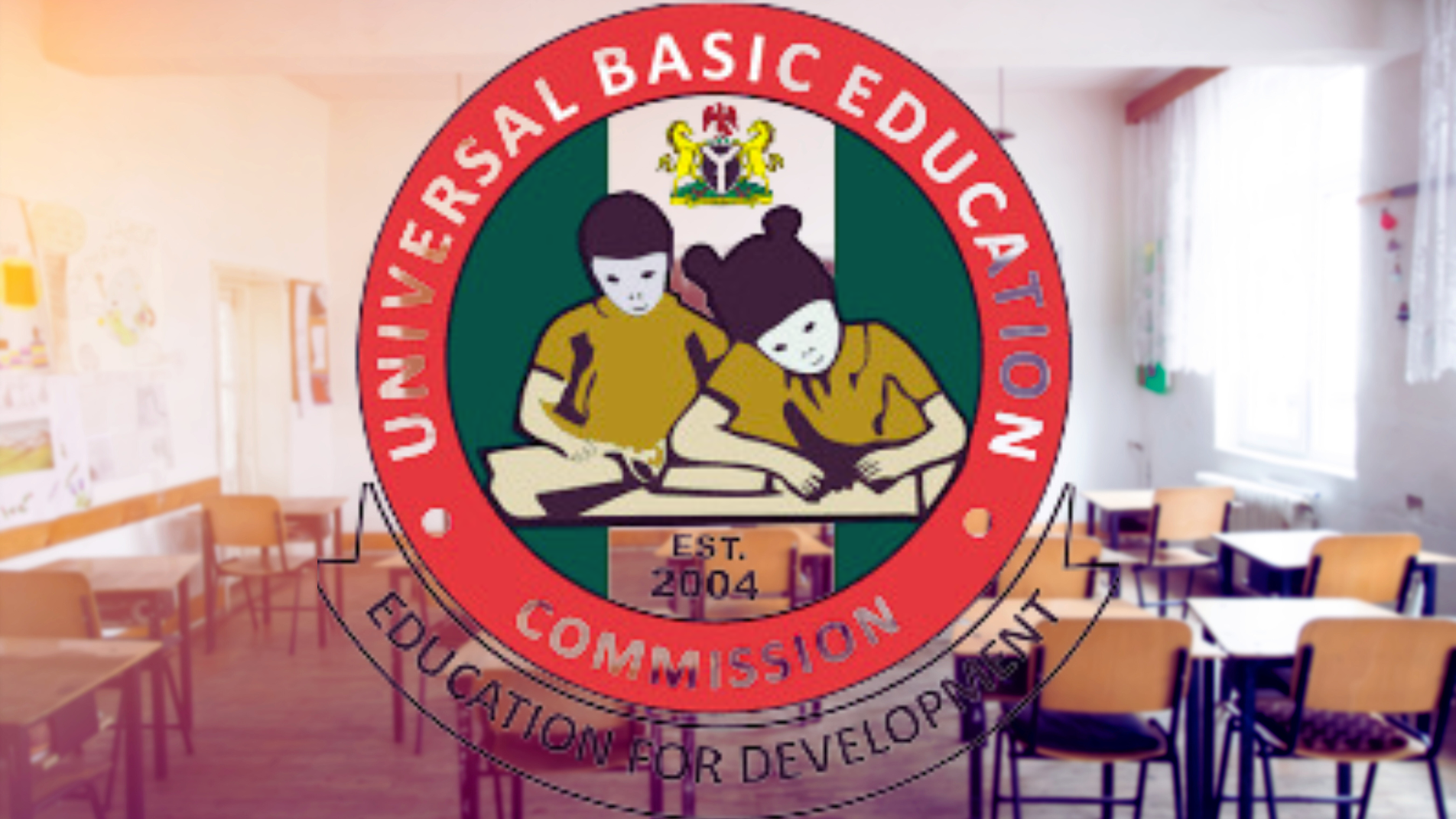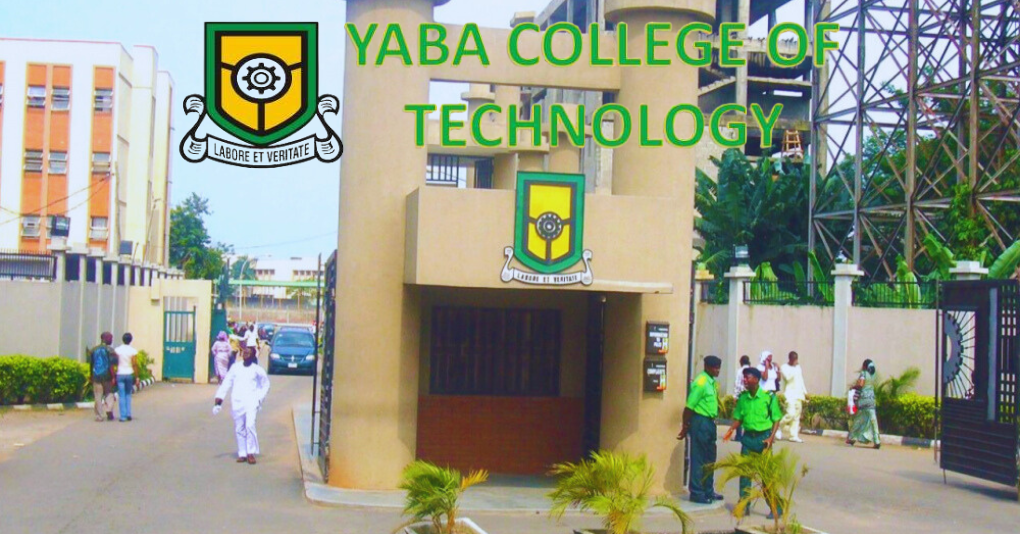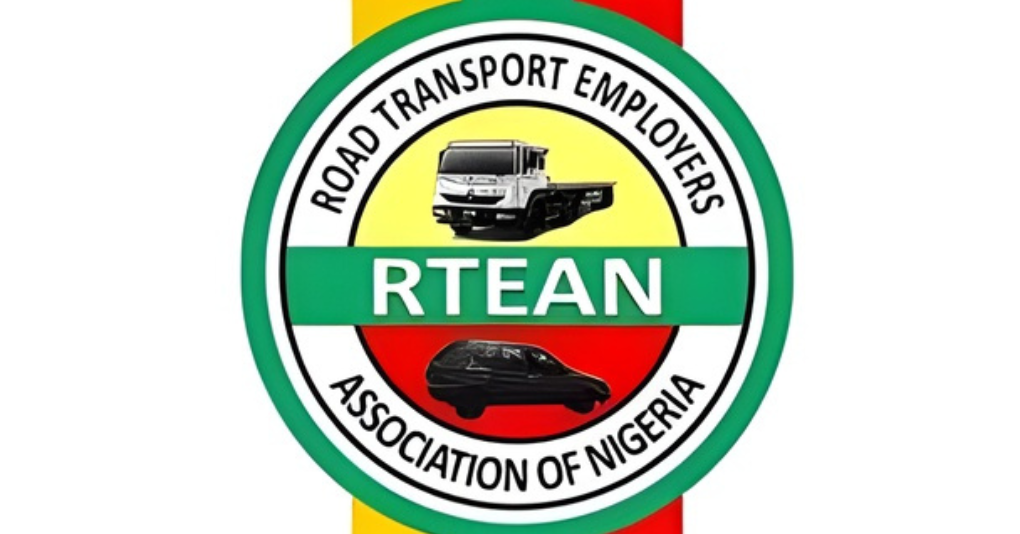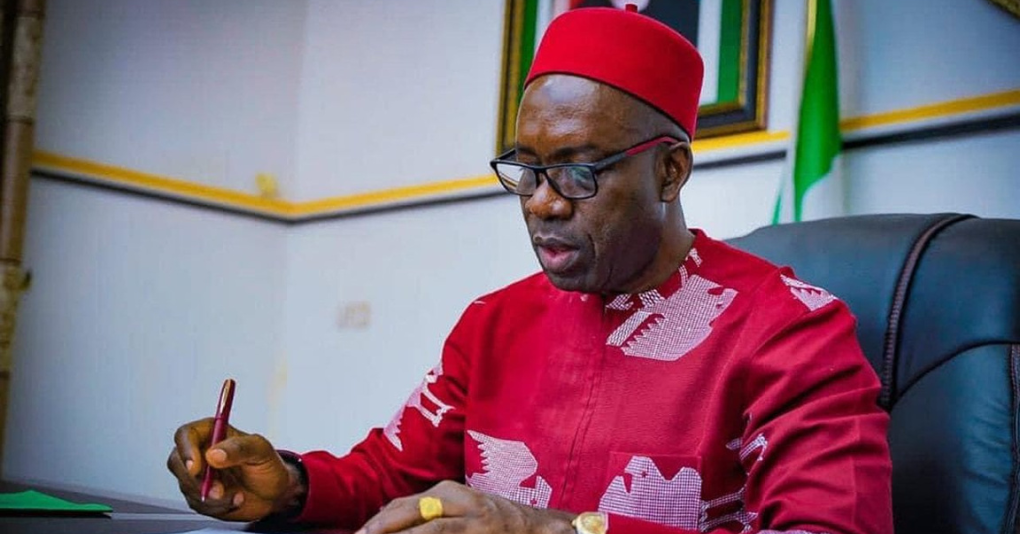Nearly one in three (about 33.33 percent) of the teachers in Nigeria’s basic schools are unqualified, according to new data that underscores the scale of challenges in the country’s education system.
Figures released by the Universal Basic Education Commission (UBEC) for 2022/23 show that only 70.8 percent of basic education teachers meet the required qualifications. This leaves 492,912 teachers without proper credentials across the country.
The South West zone records the lowest proportion of qualified teachers, with just 66.34 per cent, and also has the highest absolute number of unqualified staff at 140,824.
By contrast, the North Central zone has the highest share of qualified teachers at 74.78 per cent, followed closely by the South East (72.39 per cent), North West (72.04 per cent) and North East (71.41 per cent). The South-South trails at 69.81 per cent.
In terms of numbers, the North West has 95,833 unqualified teachers, North Central 81,636, South-South 72,728, North East 53,938 and South East 47,953.
The immediate-past Registrar of the TRCN, Prof Josiah Ajiboye, said back in July, “The surge in the population of school children, and the increase in the number of schools in Nigeria, both government and private, present a complex challenge for the education system. Newspaper subscription bundles
“The availability and quality of qualified teachers are crucial factors in ensuring students receive quality education. However, the shortage of qualified teachers is a concerning issue in Nigeria for several reasons.”
While the number of pupils in public primary schools the commission pegged the figure at 24.2 million, those in private stand at 7.4 million.
Chronic underfunding, poor infrastructure and rapid population growth have long strained Nigeria’s education system, and analysts warn that low teacher quality will further undermine efforts to improve literacy and learning outcomes.
Nigeria has pledged to raise standards through professional development and stricter recruitment, but the latest figures suggest progress remains slow.
Education experts caution that without sustained investment, the teacher gap could derail the country’s drive towards achieving universal quality education under global development goals.
Share this post





Be the first to comment on this post